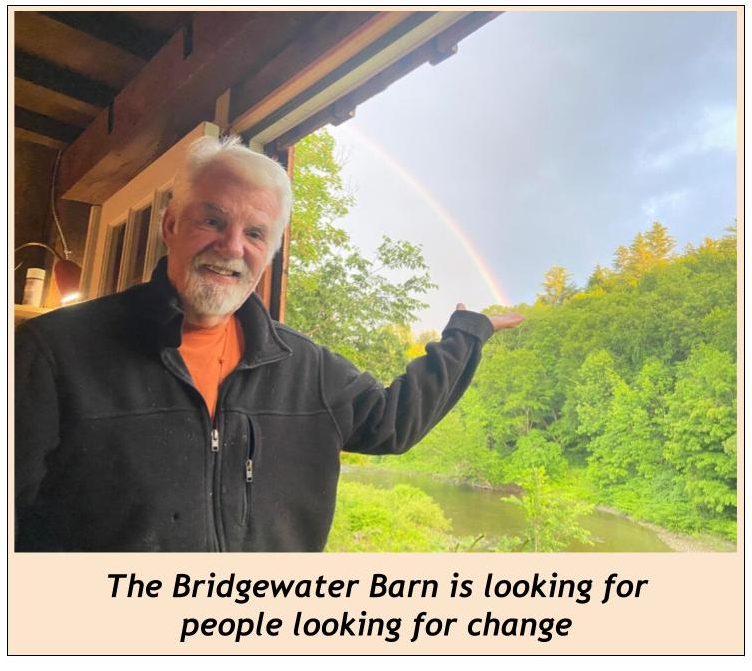By Guy Page
December 16, 2019 – A lawmaker who championed Act 46 now says he’s dismayed the 2015 school merger law is being used to shut down community schools.
As chair of the House Education Committee, former Rep. David Sharpe (D-Bristol) shepherded Act 46 to passage. But in a December 12 Addison Independent guest editorial, he writes plaintively, “we have not seen the promised reduction in administrative staff in school buildings or in the superintendent’s offices. What we are seeing instead are proposals to close community schools against the specific intent of the legislation and the wisdom of many community members.”
He’s right about the outcome. Small school districts across Addison County (and the rest of Vermont) are being forced to merge, over vociferous, in-vain objections of supporters of local schools. A lawsuit contesting forced mergers under Act 46 is now before the Vermont Supreme Court.
With all due respect to Mr. Sharpe and his many years of dedicated service in the Vermont State House, he should have seen it coming. John McClaughry of the Ethan Allen Institute recalls:
“In his final appearance before the House Education Committee in 2013, [VT Education Secretary Armand] Vilaseca said: ‘We don’t need 272 school districts.’ A committee member inquired whether Vilaseca thought regionalization ought to be legislatively mandated. Vilaseca replied that school board members and superintendents told him ‘we’ll never do this ourselves. There has to be some sort of hammer.’ After that session Vilaseca told a reporter that ‘after seven or eight years, if the districts haven’t joined together, then the state will come in.’ Within four years Vilaseca’s hammer had fallen, and the AOE and State Board plowed ahead to complete the mandatory consolidation process.”
“There has to be some sort of hammer.” Somehow, Sharpe and others failed to see that Act 46 placed a big one firmly in the eager hands of the State Board of Education.
To hear Sharpe tell it, professional educators gave lawmakers a litany of promises about Act 46 – almost all of them unfulfilled (to use a charitable term).
Sharpe recalls how superintendents told his committee “administrative costs could be substantially reduced in order to mitigate the pupil costs increasing due to loss of students, if we consolidated school governance and administration.” That hasn’t happened in Addison County, he admits. At the high school in Bristol, enrollment is down, administrative spending is up. No staff cuts, either.
His committee was told bookkeeping costs would drop 30%. Curriculum would improve. And – get this – Sharpe says lawmakers were told “that small schools would be better able to survive and thrive in a larger integrated school district, if we consolidated school governance and administration.”
Ummm….not so much.
Sharpe then asks rhetorically, “were we hoodwinked into permitting a power grab by superintendents and school administrators?”
For sure someone was hoodwinked. Whether it was the Legislature, or the students and supporters of beloved local schools, or both, depends on whether Sharpe and the other Act 46 “Aye” votes really believed mergers would happen by consent. That Vilaseca’s hammer was just talking smack.
They say the road to hell is paved with good intentions. It might be added that said highway runs particularly fast and smooth when its owners can pass the buck of responsibility to the slick salesmen who talked them into paving it.
A pundit’s pithy observations aside, what can be done to fix the problem?
- Hope the Vermont Supreme Court agrees with plaintiff lawyer David Kelley and not with the State Board of Education.
- Repeal or amend Act 46. That’s been tried, so far unsuccessfully.
- Insist (voters, lawmakers) that educational bureaucrats let mergers happen locally and with consent. And if that doesn’t work…..
- Threaten to eliminate the State Board of Education in hopes it will be less merger-crazy. A legislative advisory committee has recommended something similar. The 2020 Legislature must decide whether to act on the recommendation.
- If “the problem” isn’t limited to Act 46 but extends to all sweeping legislation fraught with potential unintended consequences, the Legislature might want to revisit the Clean Water Act of 2015, requiring upgrades in phosphorus-reducing stormwater upgrades on hard surfaces like roads and parking lots. In Stowe alone, the expected price tag will be $4.8 million for the next 16 years, or $300,000 per year. Unsupportable fiscal horror stories like that are popping up all over the state. Gov. Phil Scott says far less expensive measures would reduce the worst of the runoff into Vermont’s waterways.
Like most other real people, Vermont taxpayers are tolerant of well-intentioned mistakes. But they are less forgiving to lawmakers who won’t ‘fess up and fix the problems they created.
Categories: Education








Recent Comments